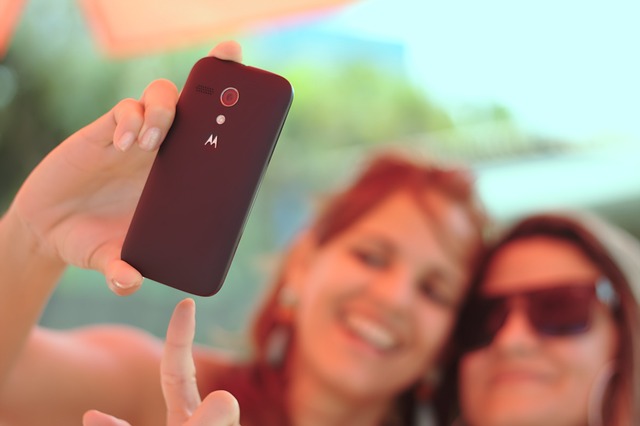Selfies, or self-portraits taken with a camera or smartphone, have become a ubiquitous part of modern life. Some critics argue that selfies are a form of narcissism, suggesting that those who take selfies are excessively self-involved or seeking attention. But is this really the case?
Firstly, it is important to note that the act of taking a selfie does not necessarily indicate narcissism. People take selfies for a variety of reasons, including capturing a moment, documenting their appearance, or simply sharing their experiences with others.
Narcissism
Narcissism, on the other hand, is a personality trait characterized by a sense of superiority, self-importance, and a lack of empathy for others. While some people who take selfies may display narcissistic tendencies, this is not true for everyone.
Studies have shown that taking selfies can actually have positive effects on self-esteem and self-image. For example, a study published in the journal Psychology of Popular Media Culture found that taking selfies can help people feel more confident and in control of their self-presentation.
Furthermore, the use of social media platforms, which often feature selfies, can provide a sense of social connection and validation. This is not necessarily a negative thing, as humans are social creatures and thrive on social interaction and validation.
Of course, like any behavior, taking too many selfies or becoming overly obsessed with one’s appearance can become problematic. However, it is important to recognize that taking selfies in and of itself is not inherently narcissistic.
Potential negative effects
That being said, it is important to be aware of the potential negative effects that excessive selfie-taking or an overemphasis on physical appearance can have on mental health. For some individuals, the constant need to take and post selfies can lead to feelings of anxiety, low self-esteem, and a distorted body image.
Social media
The pressure to present a certain image or version of oneself on social media can be overwhelming and contribute to feelings of inadequacy or anxiety. This is especially true for younger generations who have grown up in a world where social media is a dominant aspect of daily life.
It is also worth noting that the phenomenon of “selfie culture” is not entirely self-generated, but rather a product of broader cultural trends and influences. The increasing importance placed on appearance and image in modern society, as well as the rise of social media and influencer culture, have all contributed to the popularity and prevalence of selfies.

